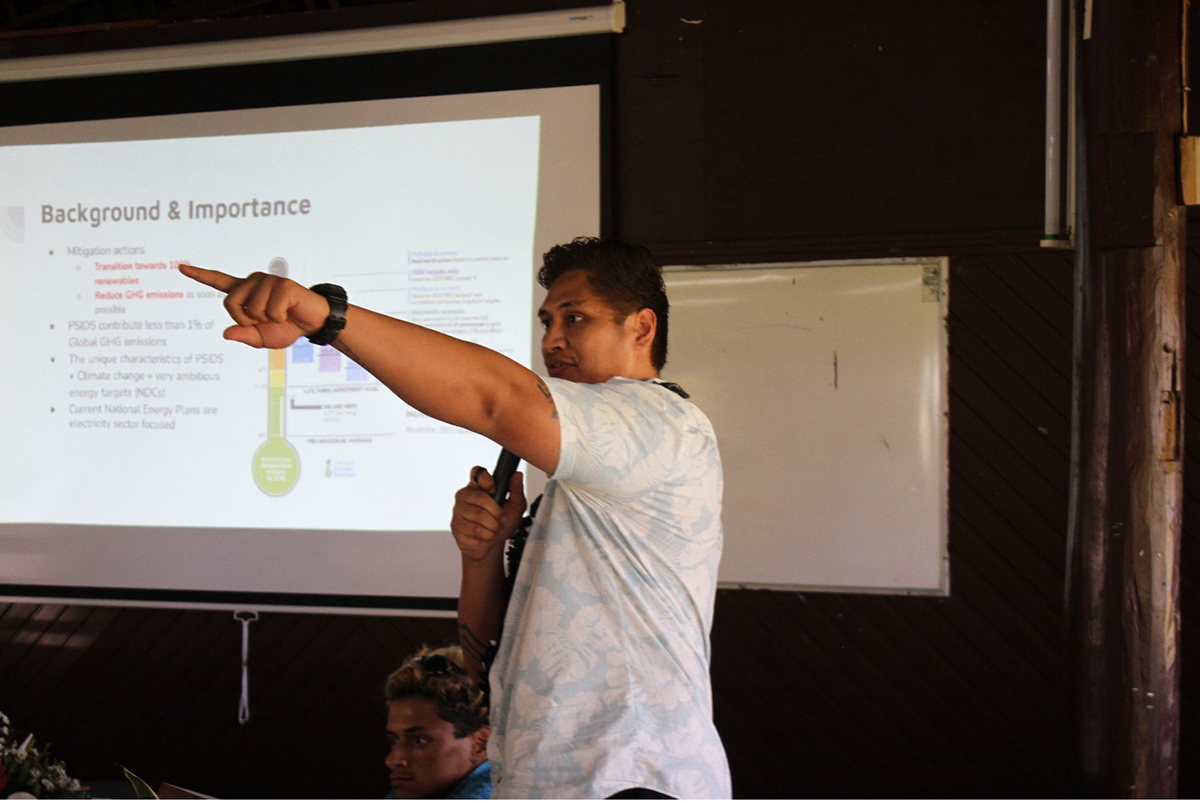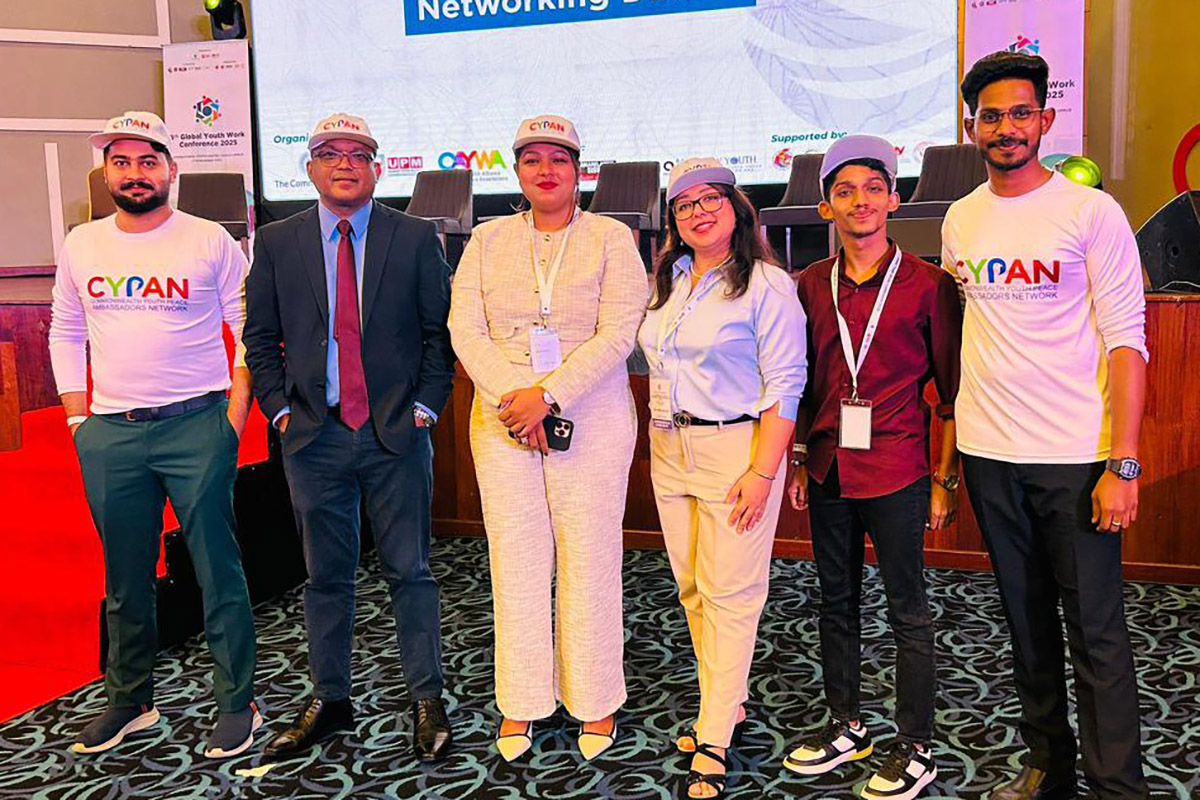"Is employment a valid choice for women?"
October 9Joining the workforce can be a controversial step for some women, but Monica Islam, 23, a Correspondent from Dhaka in Bangladesh, argues that assuming work is a choice can have deep implications for society and gender equality.
I had a conversation with a male friend on whether employment should be a choice for women.
“Yes, those who choose not to have a career should be respected,” the friend reasoned. Respected, I agree, but should this age-old trend be encouraged?
Somehow, an affirmative response did not quite settle with me. Everything that we do in life is a choice, but that choice must be conducive to the society. I might choose not to exercise, but is that decision healthy? Most debates on whether women can indeed have it all linger around this question: is employment a choice for women? Most would conclude with a resounding yes, but I would rather differ. I do not condone the idea that a woman’s sole purpose in life– by choice– is to embark on a hunt for the ‘Most Eligible Bachelor’ and to go through extreme fitness and beauty regimes to catch a bait.
Firstly, employment is a social obligation and a paradoxically ‘unfair privilege’ for men. On one hand, it is hardly a choice for men. They cannot use this choice (no matter how much they want to) as an excuse to give themselves a break from work. While many women gleefully accept this choice, our male counterparts—as the ‘bread-winning’ gender—toil away at work every day to meet societal expectations regarding masculinity. On rare occasions, when a man chooses not to work, society labels him a failure; an unsuccessful man who is forcing his partner to earn a living while he lazes around at home (even if he does not) and lives off his partner’s income. On the other hand, the fact that men do not have this choice comes with its own perks—financial independence, greater social recognition and self-esteem, and self-actualization of one’s own potential. Men never have to struggle with the question of choice over economic emancipation. Women are lauded for, and in many cases, even expected to make this choice, especially post-marriage/motherhood.
Secondly, from the economist’s perspective, unemployment creates social burden in the society. The unemployed are dependent on taxpayers’ money. Unemployment implies that a major portion of a country’s human resource is under-utilized. How can we then encourage women to make a choice that clearly contributes to unemployment? Will it not adversely affect the self-esteem of our daughters and sisters when they are encouraged to be emotionally dependent (which is a natural human instinct) as well as financially dependent (which is unnatural for adults and which traps humans in poverty and abusive relationships)?
Thirdly, the career of a woman is unfairly promoted as a threat to family dynamics and especially to the male ego. Rimi (not her real name) asserts, “In every relationship, one has to be inferior, and it better be the girl.” Women are constantly reminded that family and household duties are of greater importance—and rightly so. Bringing up the next generation of peaceful and productive leaders must be the greatest priority, albeit for both men and women. The family and home belong to both. This obvious responsibility should not be pitted against the career of a woman (or even man—although a rarity) to the point that she makes a choice out of compulsion. There is no empirical evidence to suggest that by not working, a woman will succeed in raising the best children. On the contrary, there is evidence to support the notion that women spend their earnings mostly on the family, especially on the education of children.
Lastly, the patriarchal society creates an unnecessary trade-off between the family and career for a woman. Meena (not her real name), of the upper-middle class, viewed employment as a choice (the norm for a married expecting woman). She nonetheless continued teaching at a school throughout her pregnancy for self-fulfilment. Surprisingly, even after birth of the child, Meena did not leave work as she gradually developed a strong attachment to it. She was back to work within three months. She, however, faced only one hassle—rushing home to breastfeed her infant and then returning to school which evidently lacked child-care facilities. The problem of balancing family and career seemed to lie not in the employment of women, but in the lack of adequate social support for working women.
If other family members come forward to tend to a child’s development needs while the mother (and/or father) is away; if there are breastfeeding and other child-care facilities available at the workplace; if women (and men) are permitted to bring along their infants to work; if employers make it easy for mothers on maternity leave to return to work with fair pay and dignity; and if family members, especially the husband, take pride in women’s employment, many women will choose to have a career after marriage/motherhood. This social support system will determine whether women choose to resign from work, to avoid work altogether, or even to take a prolonged sabbatical.
While I am flattered to hear that I may choose not to work because I am a ‘pampered princess,’ I would rather say, “No, thank you. I choose to experience the world outside of my home. If employment is not a choice for a human under normal circumstances, it shouldn’t be for me either—unless you consider me less of a human.”
photo credit: mmmavocado via photopin cc
…………………………………………………………………………………………………………………
About me:
I aim to advance human rights and social justice through the media. I am a prolific reader, writer, and development-enthusiast.
I have attended several development-oriented conferences and media trainings at home and abroad, such as Global Social Business Summit (Austria), UNFPA Global Youth Forum (Indonesia), and Asia-Pacific Youth Parliament for Water (South Korea). I’d like to think of myself as a versatile person who is open to multiple intersecting possibilities.
…………………………………………………………………………………………………………………
Opinions expressed in this article are those of the author and do not necessarily represent the views of the Commonwealth Youth Programme. Articles are published in a spirit of dialogue, respect and understanding. If you disagree, why not submit a response?
To learn more about becoming a Commonwealth Correspondent please visit: http://www.yourcommonwealth.org/submit-articles/commonwealthcorrespondents/ …………………………………………………………………………………………………………………







